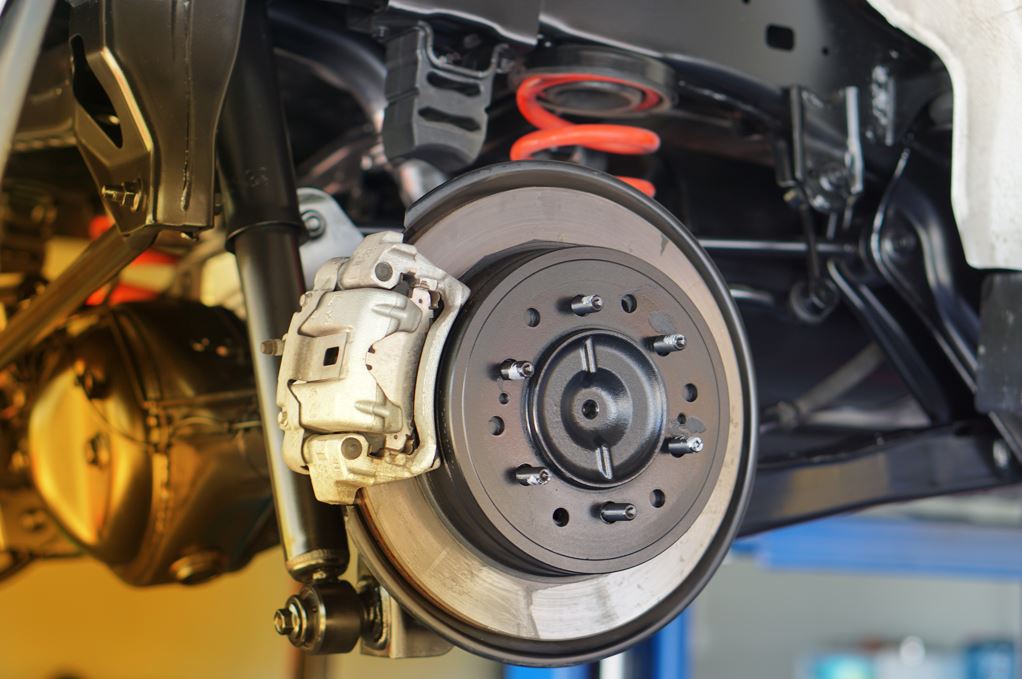
Of all the sophisticated safety features in a modern Chrysler, the most important is your braking mechanism. As remarkably reliable as Chrysler’s brakes are, they still need to be looked after diligently. Apart from regular servicing visits, pay heed to these four indications of brake problems. If you notice any of them, visit your nearest Chrysler dealer for brake repair without delay.
Fading Brake Strength
When used excessively, even the highest quality brakes can start to overheat. And overheating brakes create the danger of brake fade.
Brake fade is a curious phenomenon where a tiny bit of gas escapes the melting resin in brake pads. This gas creates a microscopic layer over the pads, which reduces the friction between the pad and the rotor. As a result, your car won’t slow down as quickly as it should.
Conditions That Cause Brake Fade
Some driving conditions require a lot of continual braking, which can lead to brake fade. Mountainous terrain with long downhill stretches poses such a threat, as does hilly terrain with lots of winding roads and sharp corners.
Commuters also need to be wary of long periods stuck in stop-and-go traffic, which demands constant braking. If your car is made heavier by lots of cargo or towing a trailer, this extra weight also puts more strain on your brakes.
When to Visit Your Chrysler Dealer
If you notice brake fade early and pull over at once, it might not develop into a serious problem. Once your brakes have cooled down, carefully test them to see if their normal function has returned. If the problem persists, you’ll need to have a technician take a look.
Vibrating Rotor Discs
Overheating brakes can rapidly lead to damaged rotor discs. This happens when brake pads score the heated, softened rotor surface. The melting resin in pads can also sometimes coat the discs.
In either case of rotor damage, you’ll feel odd vibrations through the brake pedal. This vibrating means you need to have at least one rotor resurfaced or replaced.
Squeaking Brake Pads
Brake pads can be expected to last up to 30,000 miles. When they wear down too far, a high-pitched squeaking sound is created. This noise is an intentional warning that it’s time for a new pad.
Leaking Brake Fluid
The most imminently dangerous brake problem is leaking brake fluid. If your brakes ever feel spongy underfoot, pull over immediately. This spongy feeling usually indicates that your brake hoses have sprung a leak, letting fluid and air in.
You can check for yellow fluid pooling under your car or coating your brake hoses. With a leak, your brake fluid and hoses are no longer maintaining the high hydraulic pressure necessary to stop your car.
Visit Coughlin Marysville CJDR today to have your brakes examined and repaired.








